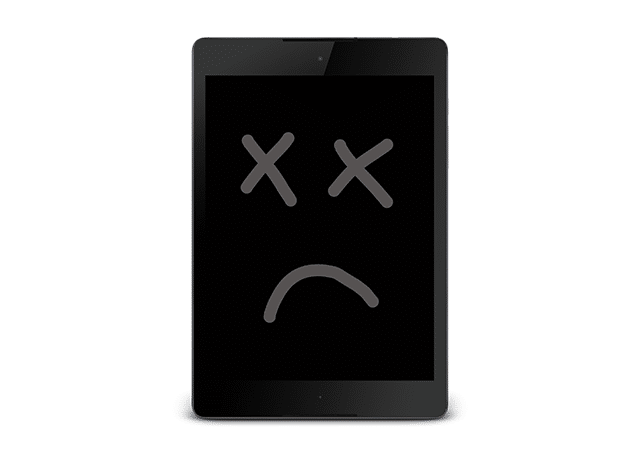
My Nexus 9 died and required a reset, here's how to do it
First, for the record, the process I detail here should work on any Android device. With that said, my elderly, but still used, Google Nexus 9 tablet went into an endless reboot cycle a month or so ago that I couldn’t stop. I set it aside for a couple of weeks and began using the Fire 10 tablet I have. I’m fine on Fire 10 and honestly may stick with it, but seeing the Nexus sitting there useless bothered me so I decided to give it one more shot.
Yes, I know this tablet launched in 2014 when Lollipop was the current iteration of Android, but I still like it. So, here’s how I solved it.
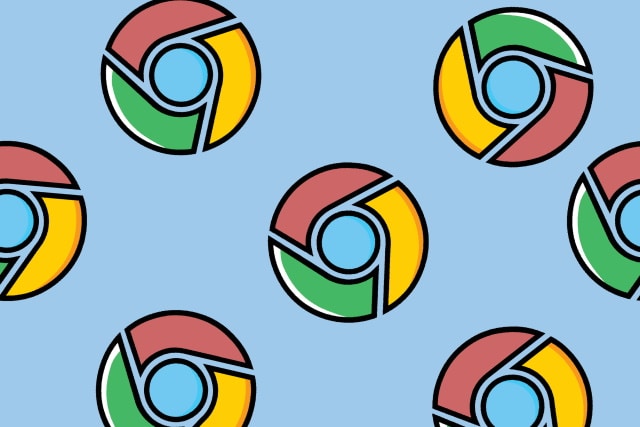
How to use DNS over HTTPS in Chrome
With more and more people expressing concern about privacy and security online, companies have had to start to take notice and deliver tools to help. This is particularly noticeable in the browser market, and with the latest version of Chrome, Google has doubled down on security.
Having tested DNS over HTTPS (DoH) for some time, Google has added enhanced support for DNS lookups over an encrypted HTTPS connection to Chrome 83. In the Windows, macOS and Linux versions of the browser, Google's implementation of the security feature is called Secure DNS; here's how to use it.
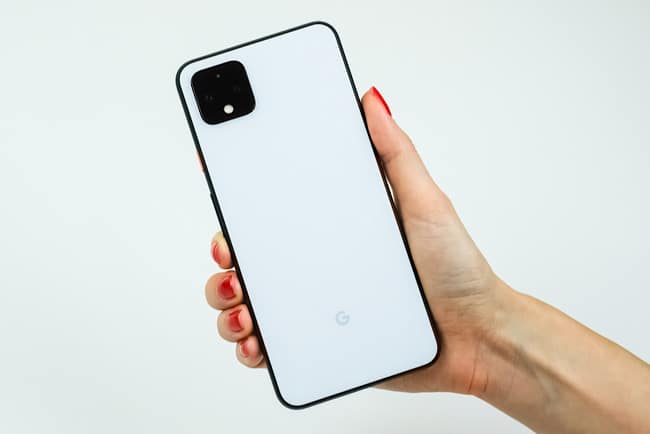
You can finally record 4K60 video with Google’s Pixel 4 -- for a $15 fee!
I don’t care what any so-called pundits or “experts” say — Google’s Pixel 4 is a great smartphone. It is well-designed and decently priced, although I will admit its “Motion Sense” radar technology is very gimmicky and unnecessary. If you are an Android fan, you can really never go wrong with a Pixel.
With that said, in our review of the Pixel 4, we noted a deficiency in its video recording capabilities — it cannot do 4K at 60 frames per second. In comparison, Apple’s flagship iPhone models can do 4K60, so it was a bit disappointing to see Google fall short in that regard.
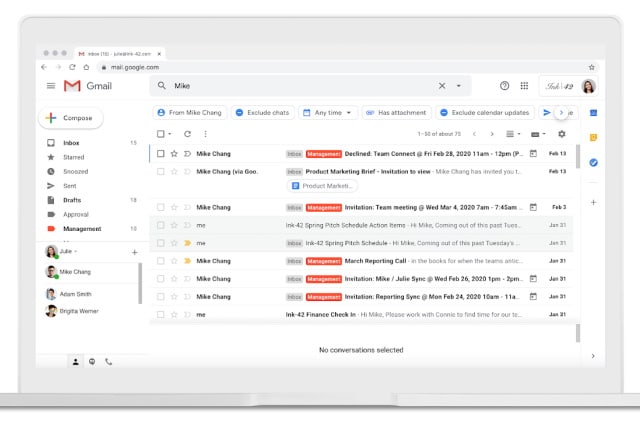
Google rolls out search chips to everyone, making it easier to find things in your Gmail inbox
A couple of months ago, Google added a new time-saving "search chips" feature to Gmail for G Suite users. These new filtering options make it easier for G Suite customers to search their inboxes using a series of new buttons and menus at the top of Gmail.
Now Google has started to roll out the same feature to non-paying users of Gmail, helping to make life a little easier for anyone who has ever struggled to find things in their inbox.
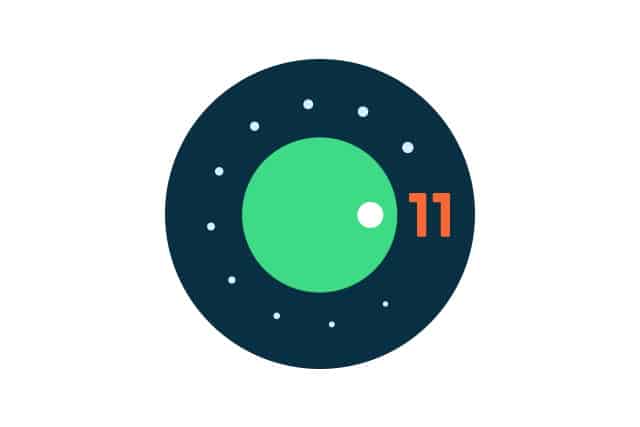
Google delays Android 11
Google has released a new preview version of Android 11 for developers to play with, and also revealed details of a revised release schedule for the operating system.
Android 11 Developer Preview 4 has been released ahead of the first beta version, and it should come as no surprise to anyone that, given what's been going on in the world recently, this launch has been pushed back a bit. The good news is that everyone will be able to attend the launch event.

Zoom claims to have 300 million daily active users... and then backtracks on misleading statement
Much, if not most, of the recent attention on Zoom has been focused on its various privacy and security issues. Understandably keen to change the narrative, the company put out a statement last week in which it claims to have 300 million daily users. One problem: it isn't true.
Zoom may have been eager to get numbers out there that suggested greater popularity than the likes of Google Meet and Microsoft Teams, but the claim to have 300 million daily active users (DAUs) was misleading, and the company has been forced to retract its initial statement.
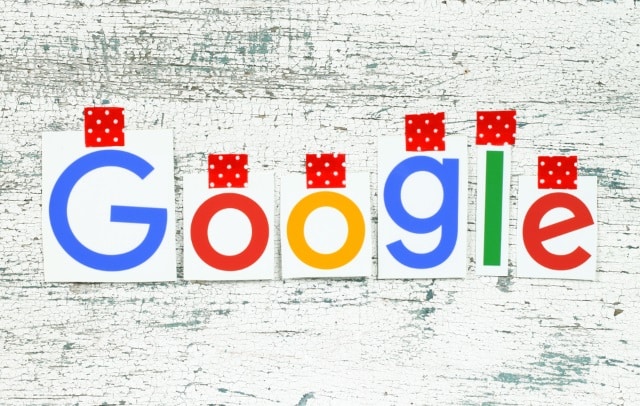
Google Meet is now free for everyone, making it a viable alternative to Zoom
It's only a few days since Facebook launched Messenger Room to serve as an alternative to video conferencing service Zoom. Now Google is getting in on the action, making is own video meeting tool available for free.
Google Meet has been opened up to everyone with a Google account -- previously only people with a paid-for G Suite account were able to start calls. From now until September meetings of any length involving up to 100 people are completely free, but at the end of September some restrictions will be introduced.

Australia to force Google and Facebook to pay for news content
Facebook and Google both make huge amounts of money through advertising, and the Australian government feels this money should be shared with the smaller players the companies benefit from.
Specifically, digital platforms such as Google and Facebook will be required to pay news outlets for the content they produce. The Australian Competition and Consumer Commission (ACCC) told the government that initial plans for a voluntary code of conduct were unlikely to work, hence the move to a mandatory code. The move by the Australian government could well lead to similar moves in other countries.
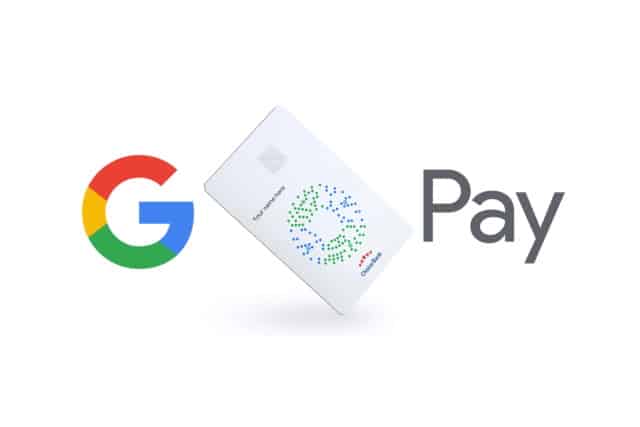
Fintech: Leak shows Google is working on a debit card to rival Apple Card
Leaked pictures suggest that Google is preparing to launch its own physical and virtual debit cards. TechCrunch cites multiple reliable sources in a report that gives a glimpse into Google's future fintech plans.
Images of not only the physical card itself but also screenshots of the Google Pay app with references to the virtual version of the card show off the design, as well as the spending tracking features that are in the pipeline.

Google launches free YouTube Video Builder beta for time-strapped creators
Creating content for YouTube can be a simple matter of pointing a camera at your face and yammering away for a while -- but it can also be rather more complicated than this.
Not everyone has the time -- or talent -- to create impressive videos, and this is precisely why Google has released a beta version of a new YouTube Video Builder tool. It's a simple, free utility that helps you to create short videos by animating static images and text, and Google is promoting it now companies and individuals are finding new ways to communicate during the coronavirus crisis.
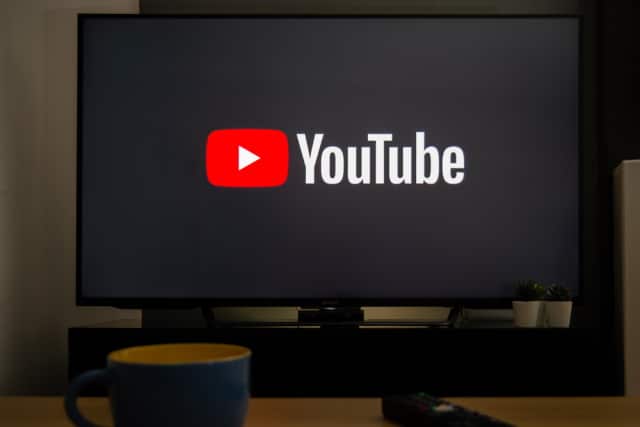
Google is rolling out chapters to YouTube to make it easier to navigate videos
Jumping to specific parts of a video on YouTube can be a pain, but Google is taking steps to make things easier.
DVD/Blu-ray-style chapters are being rolled out, making it quicker and simpler to skip straight to the section you're interested in seeing. But while this is a feature that will be welcomed by many YouTube users who are tired of sitting through pointless introductory waffle before the meat of a video, the use of chapters is dependant on the creator of the video.
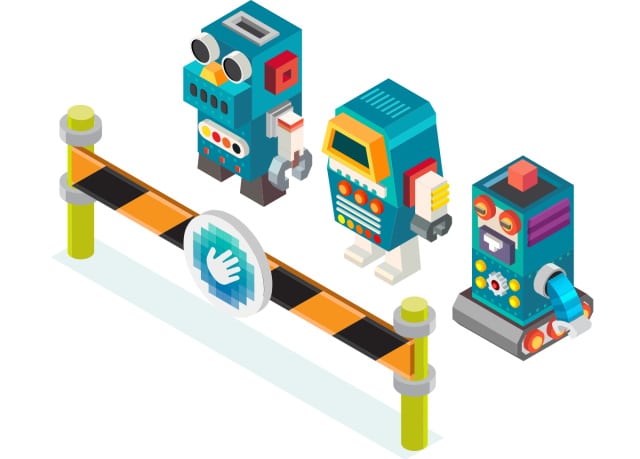
Cloudflare ditches Google's reCAPTCHA because of privacy concerns and costs
Cloudflare has moved away from using Google's reCAPTCHA, opting instead for the independent hCaptcha bot detector.
The company explains the reasons behind the change, citing not only the fact that Google would now like to charge Cloudflare for what used to be a free service, but also the privacy concerns that stem from anything to do with Google.

Apple and Google join forces to spy on Android and iPhone users for Coronavirus purposes
We are in the midst of a worldwide pandemic, so Americans should allow their rights to be trampled if it means beating the virus, right? Hell no! Not at all. Look, everyone wants to see the COVID-19 virus eradicated, but we shouldn't allow the tragedy to be amplified by allowing governments and corporations to take away our rights.
Sadly, Google and Apple are teaming up to do just that. You see, as a way to help governments, the two companies are planning to spy on smartphone users to help fight the Coronavirus. It will first be done with an optional app, but later integrated into both Android and iOS. Essentially, Bluetooth will be leveraged in tracking those infected with COVID-19 and warning those that come near them. While it sounds good on the surface, you are not wrong to be very worried.

Google bans Zoom and the US senate warns against its use
Once a specialist tool, then the darling of the video conferencing world, Zoom's fall from grace has been fairly spectacular. A series of privacy and security issues have put off numerous users, and led to some institutions instigating a ban on the software.
Google has now followed the lead of schools across the US, banning employees from using Zoom because of concerns about security. Senators in the US have also been warned against using the service.
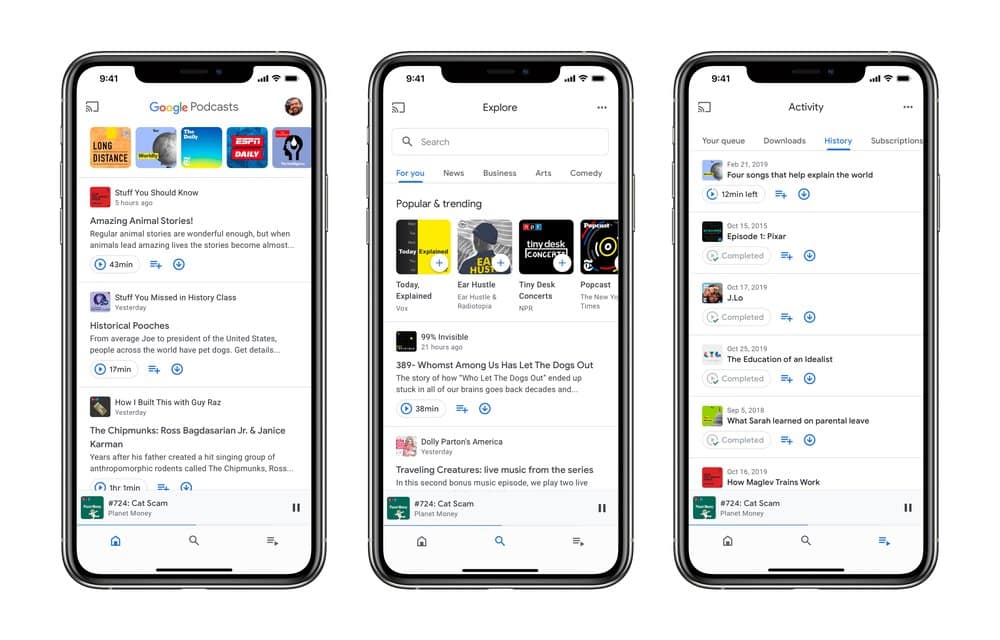
Google Podcasts comes to iOS, and it’s really good
Podcasts are wildly popular these days, and it is not hard to see why. If you can think of a topic, there is probably a podcast about it! For instance, the coronavirus is the hot subject of the moment, and there are countless shows dedicated to that pandemic. If you want a distraction from the virus, however, you can listen to podcasts that cover sports, news, cooking, and more.
Just as there are many podcasts, there are also many podcast apps too. If you are an iPhone user, for instance, you can use Apple’s stock podcast app or head to the App Store to download a third-party option. Now, iPhone users are getting yet another option. You see, Google has long had a podcast app for Android, and the company recently redesigned it. Now, the search-giant is bringing the newly refreshed app to iOS.
